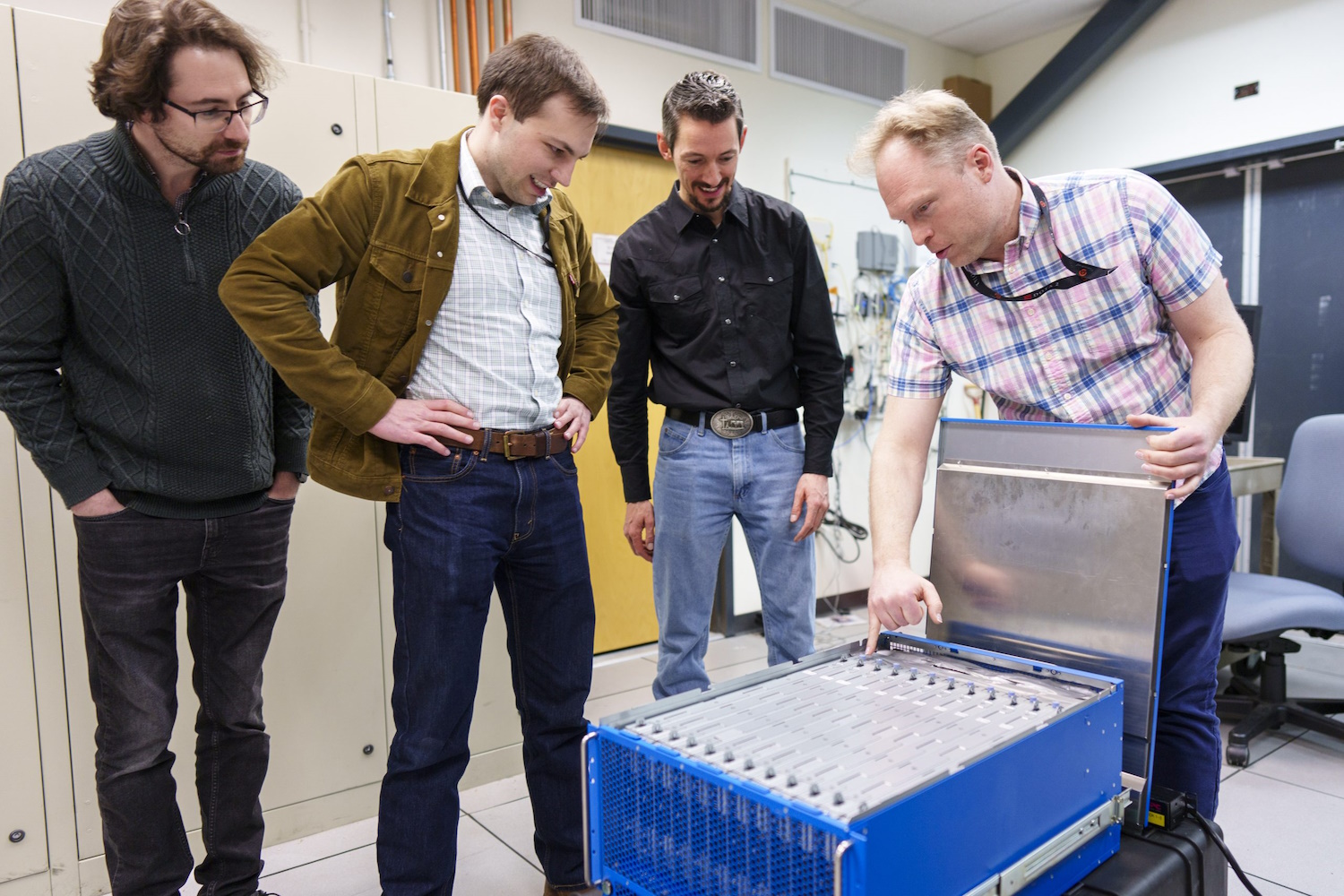Staying updated in the rapidly evolving field of AI can be challenging. To help you keep up with the latest trends, here is a roundup of recent stories in the world of machine learning, along with notable research and experiments that may have flown under your radar.
This week, Meta unveiled its newest generative AI models in the Llama series: Llama 3 8B and Llama 3 70B. These models have the capability to analyze and generate text and are considered “open sourced” by Meta. They are meant to serve as building blocks for developers to design systems aligned with their unique objectives.
Despite being labeled as “open source,” the Llama 3 models have certain licensing restrictions imposed by Meta, raising questions about the true nature of their openness. This issue is not isolated to Llama models, as many AI projects branded as “open source” come with significant limitations and barriers.
The ongoing debate over the definition of open source in the context of AI raises complex questions, particularly regarding the application of copyright to AI components and the discrepancies between traditional open source principles and the unique challenges posed by AI development.
In the midst of this uncertainty, it becomes evident that tech giants leveraging the term “open source” may not necessarily contribute to democratizing AI but rather reinforce centralized power dynamics in the industry.
Here are some other recent developments in the AI landscape:
- Meta updates its chatbot: Meta enhanced its AI chatbot with Llama 3 integration and introduced new features across its social platforms.
- AI-generated porn: Meta’s Oversight Board is addressing issues related to explicit AI-generated content on its platforms.
- Snap watermarks: Snap plans to add watermarks to AI-generated images on its platform.
- The new Atlas: Boston Dynamics introduced a new electric-powered humanoid robot, Atlas.
- Humanoids on humanoids: Mobileye founder launched Menteebot, focusing on bipedal robotics systems.
- Reddit, translated: Reddit is developing AI-powered language translation features.
- AI-generated LinkedIn content: LinkedIn is testing AI-driven content creation tools for businesses.
- A Bellwether: Alphabet’s X team unveiled Project Bellwether, which leverages AI to detect natural disasters.
- Protecting kids with AI: Ofcom is exploring AI solutions to safeguard children online.
- OpenAI lands in Japan: OpenAI is expanding to Japan and developing a Japanese-language optimized GPT-4 model.
More Insights on Machine Learning
Image Credits: DrAfter123 / Getty Images
Recent research suggests that AI-powered chatbots armed with personal information can be more persuasive in debates than humans with equivalent data. This raises concerns about the potential application of large language models in influencing critical decisions, such as elections.
Looking into the motivations of AI models and establishing robust regulatory frameworks becomes crucial to mitigate potential risks associated with advanced AI capabilities.
Further exploration into neuromorphic computing, exemplified by systems like Hala Point, aims to innovate new AI algorithms that mimic human brain functions for enhanced efficiency and intelligence.

Researchers look into the new neuromorphic computer.


